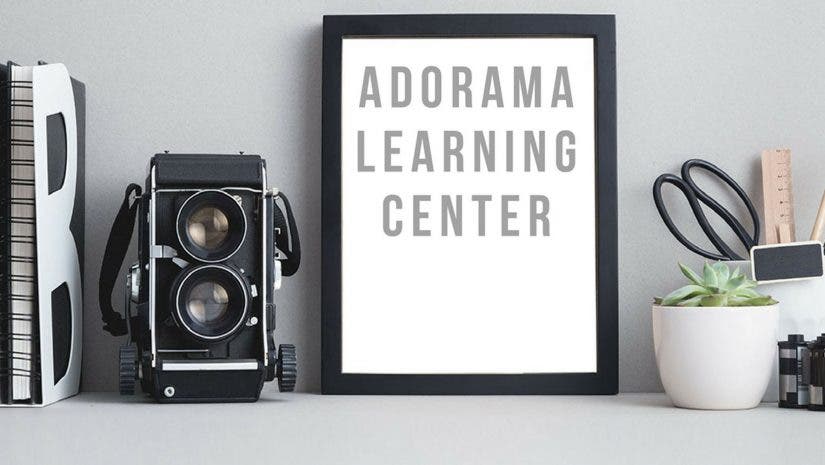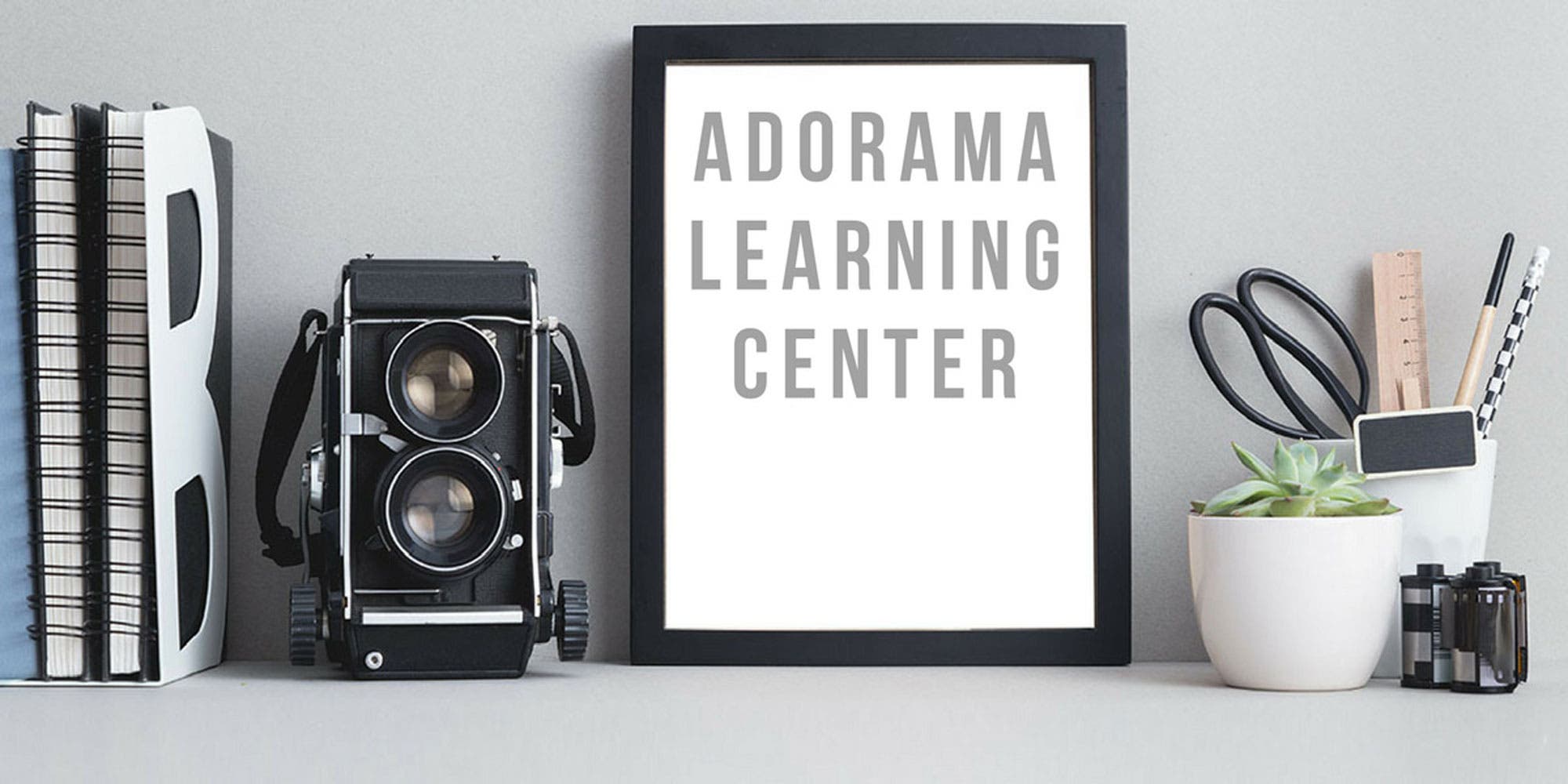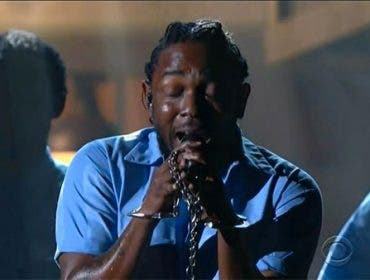At first flush, the goals of SOPA—to protect copyrighted material from unauthorized use—sound like they’re in the best interest of photographers and videographers. After all, one of the big headaches of the digital age is protecting your images—your creative work and vision—from those who would digitally pilfer it. Stop online piracy? Where do I sign up?
But it’s not that simple. Those who oppose SOPA cite threats to free speech, invasion of privacy, the possible stifling of innovation, concerns about the self-interests of the proposed gatekeepers, and especially the onerous financial burden imposing the rules would place on small companies, which make up the vast majority of businesses online.
The bill, in its current form, would require US-based web sites “to actively police links to purported infringing sites.” In a perfect world, this may make sense, opponents say this could put a crippling burden on many of these sites which are small or part-time businesses that are barely getting by.
That’s why Wikipedia, along with several other sites, are dark today while others are posting special content to educate the public about their concerns over SOPA. SOPA is turning into a battle between traditional media and established communications empires against start-ups, new media, and entrepreneurs.
And yet, we still want to find better ways to prevent people from stealing our registered, copyrighted material—a process that, right now, is as easy as a few keystrokes. Many are concerned that the very partisan congress that is considering this bill in the middle of a Presidential election year may not be capable of appreciating the complexities and nuances of the issue.
What do you think? Is SOPA the right idea but too draconian? Should it be approved, amended, or rejected completely? As photographers, is this the best way to protect our rights and intellectual property, or are there more reasonable alternatives? Leave comments below!






